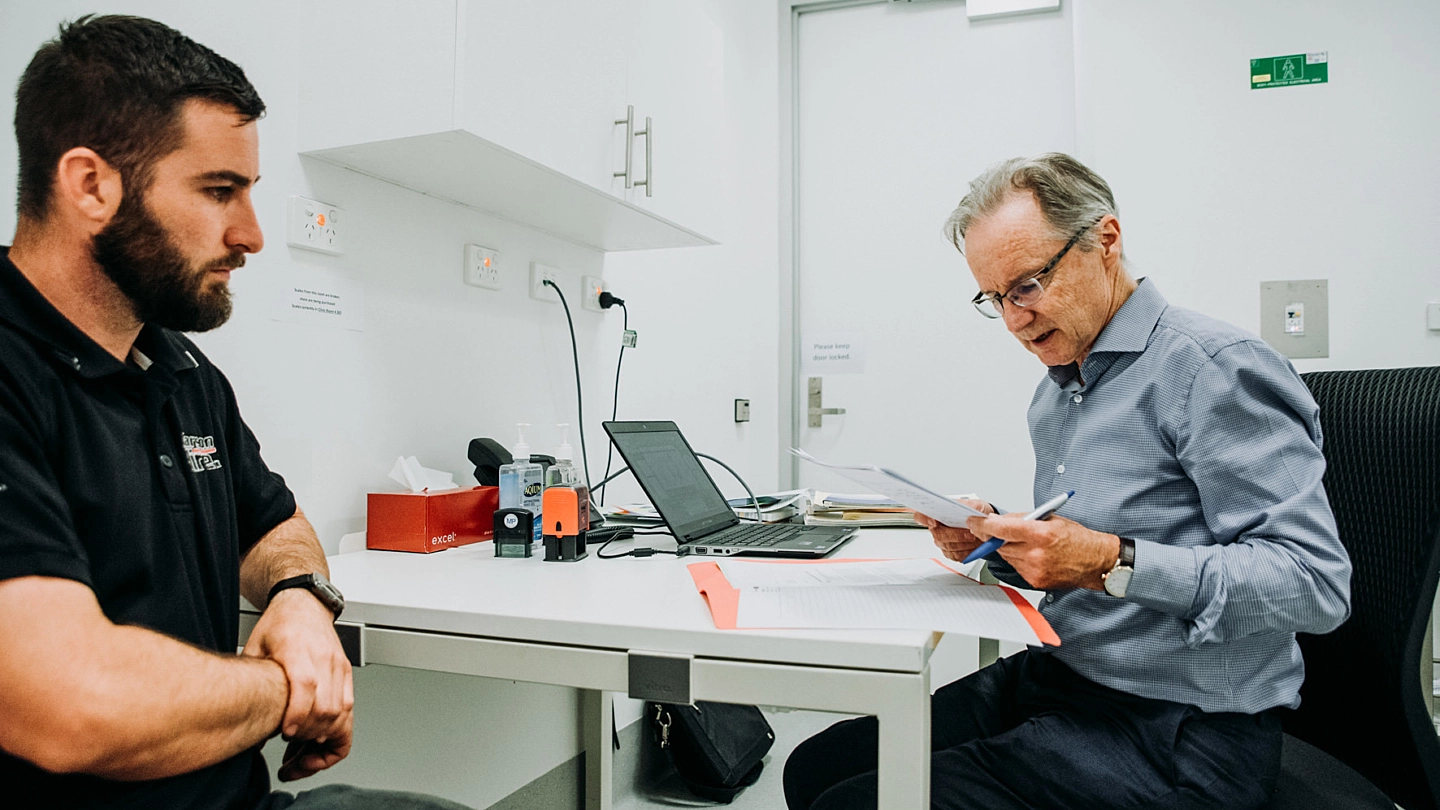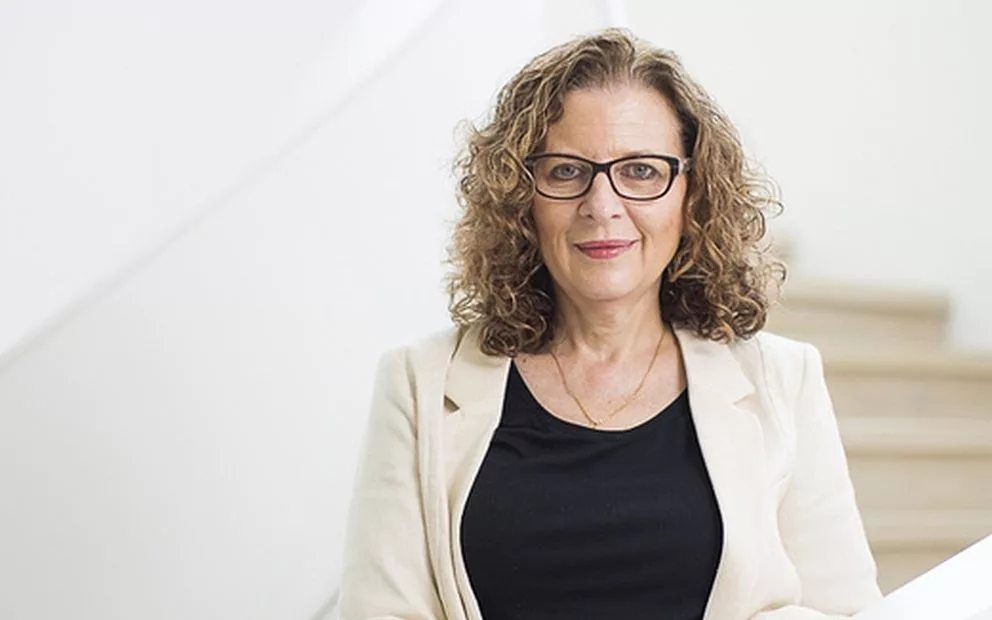Chemotherapy will take a back step and most cancers will become easier to treat – but not be eradicated – in our lifetime, according to one of Australia's leading leukaemia experts.
Speaking in the lead up to World Cancer Day (Wednesday 4 February), Professor Timothy Hughes says many cancers will eventually be downgraded to "chronic diseases" in the years to come, thanks to great advances in medical research.
Professor Hughes is the Cancer Council Beat Cancer Project Professor and Cancer Theme Leader at the South Australian Health and Medical Research Institute (SAHMRI).
"We're not going to eradicate cancer any time soon, but there have been some major developments that will lead to many cancers being more easily treatable" Professor Hughes says.
"One of the most exciting developments is targeted therapy, where the key mutant proteins or “drivers” of a leukaemia or cancer are identified, enabling small molecules to be developed to shut them down. This is already having a dramatic impact on the treatment of many leukaemias and it will likely become the backbone of cancer treatment," he says. "Chemotherapy will eventually take a back step."
Another major field of research is in harnessing the body's own immune system to control or destroy cancer cells.
"We now have the tools to be able to manipulate the immune system in a safe and more targeted way. It is becoming possible to genetically engineer a patient’s immune cells so that they can specifically target and eradicate their own tumour cells. Initial trials of this approach in some leukaemias have begun," Professor Hughes says.
"Of course, many cancers specifically block the immune system from attacking them. We are now testing a new range of drugs that knock out the cancer's ability to do that."
Professor Hughes says South Australia has many excellent cancer research groups playing key roles in global research efforts to prevent and treat cancers and leukaemias, as well as translating research into good patient outcomes.
The work of Professor Hughes is thanks to the funding provided by Cancer Council’s Beat Cancer Project.


